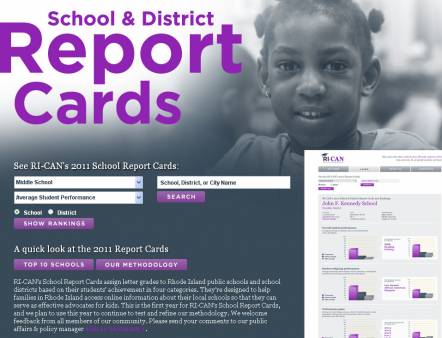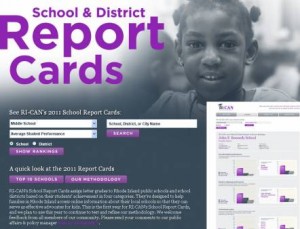
On Tuesday, June 16, 2015, at precisely 2:01 AM, an unidentified editorial writer representing the flailing Providence Journal crapped the keyboard and hit the Post button. Did it ever occur to him or her that the headline “Assault on Charters” was an exceedingly poor choice of descriptor for a school-based opinion piece?
Did he or she realize that the word “assault” in conjunction with any discussion of schools forevermore evokes the stark imagery of the 2012 Sandy Hook massacre?
Probably. To channel the late iconic musician Frank Zappa’s observations on the crass corporate commercialization of America’s 1976 Bicentennial celebration, “…not only that, they’ve been planning it for a long time.”
An image is worth a thousand words. And added to the 459 word, boilerplate anti-union screed Projo’s designated keyboard commander unleashed in his predawn barrage, it makes for a kilometer’s worth of column inches, meeting the expectations of the corporate watchdogs who sign the editors’ paychecks.
Rhode Island’s only major newspaper, wholly owned by out-of-state interests, seems doggedly determined to exploit the ongoing charter school discussion for the purpose of deconstructing public education in favor of privatized, investor-based marketing schemes.
The corporate roots of the school privatization movement can be traced to The Edison Project, the 1992 collaborative effort of educational media entrepreneur Chris Whittle and former Yale University President Benno Schmidt Jr. These links provide an essential starting point for any discussion of the school privatization industry, but they are secondary to the most intrinsic, gut-level concerns families have: the health, safety and welfare of their children.
The school privatization industry – its conceptualization, commercialization, and corruption – is a massive topic that commands major resources within America’s most prestigious think tanks, the progressive Brookings Institute and its conservative counterpart, the Heritage Foundation. Go ahead, Google yourself to the brink of insanity. Been there, done that.
There is wide ranging disagreement concerning both the reliability and validity of measuring academic achievement levels in comparative studies of charter schools and traditional public schools. Regardless of the perennial debate, it is no mystery to teachers why charter schools are universally embraced by their clientele: 100% of the families who choose a given charter school are there because they want to be.
In the vernacular of cyber-age social networking, the stakeholders are “all-in.”
Traditional public schools should be so lucky. Their playing field is perilously rocky and meanders uphill all the way from start to finish. For public school teachers entangled in the bureaucratic typhoon of Race to the Top – U.S. Department of Education Secretary Arne Duncan’s mythical epic voyage their daily regimen is rife with the Scylla and Charybdis of Public Education – Disruption and Distraction.
Students in virtually every classroom in every public school in America bear daily witness to the turmoil washing over their teachers courtesy of the twin terrors Disruption and Distraction. The narratives that trickle down to students’ homes scare the bejezus out of every parent and guardian, and rightly so. Hello, Charter Schools.
Over the next couple of months, this series of articles will explore the state of public education from the point of view of classroom teachers at both the elementary and secondary levels. Unless you are a public school teacher, you probably cannot grasp the nature of the current state of affairs. It’s hard enough for teachers to sometimes believe what is happening to their profession. Ask one sometime.
Editorial boards of newspapers aligned with the school privatization industry, such as our own Providence Journal, will necessarily reflect the political goals of their corporate parents. Journalism jobs are hard to come by. The professionals comprising the ProJo editorial board are serious writers. But they too live between a rock and a hard place.
Welcome to the club, people.
Robert Yarnall is a retired teacher, union activist, superb fisherman and regular contributor to Progressive Charlestown where this article originally appeared.


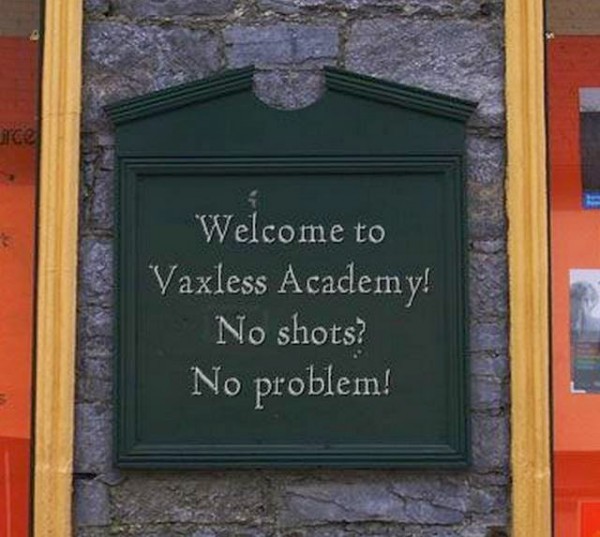
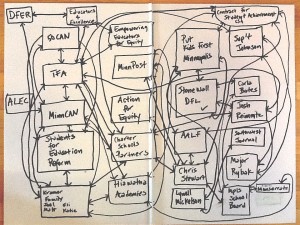
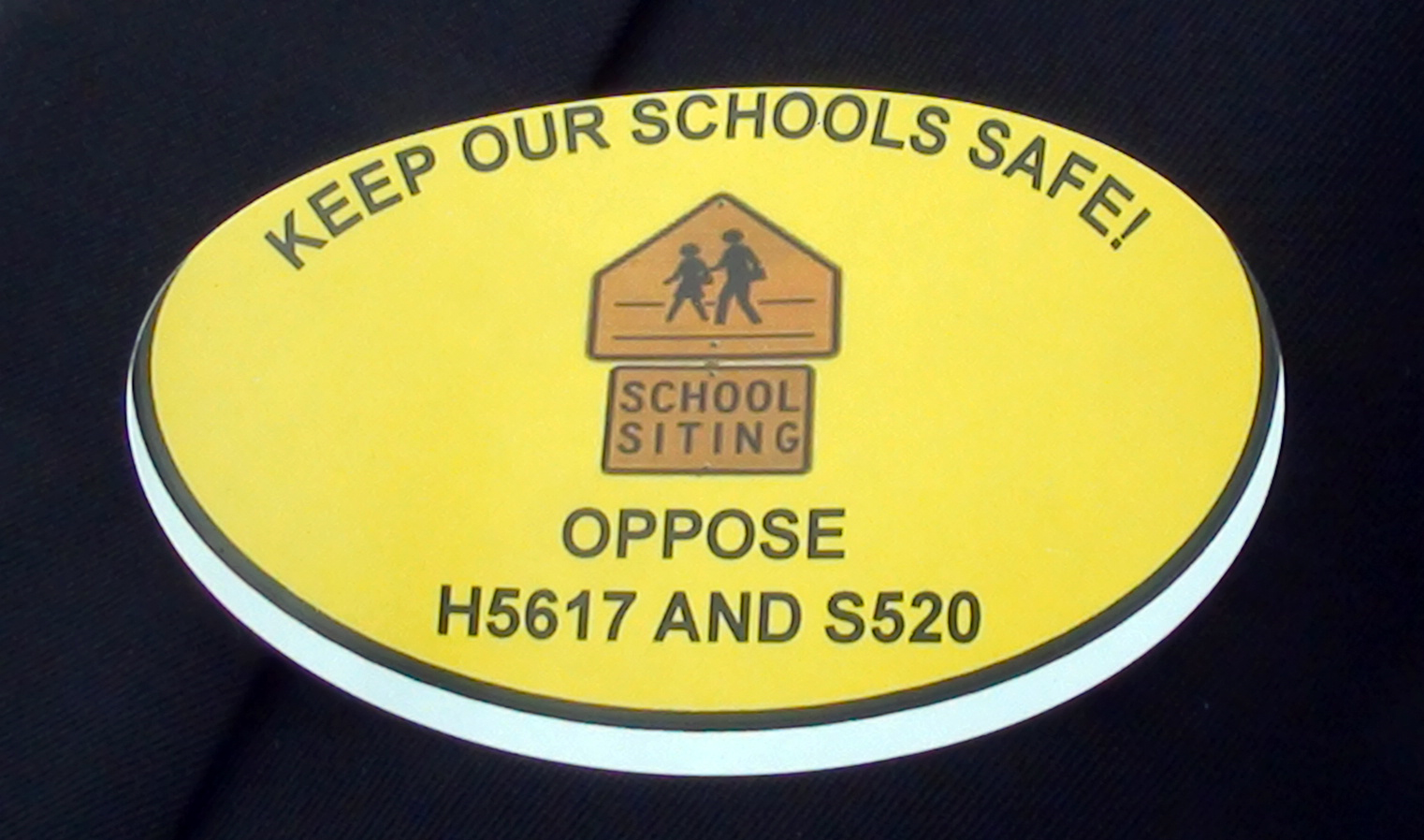
 Last year the General Assembly unanimously passed the “
Last year the General Assembly unanimously passed the “








